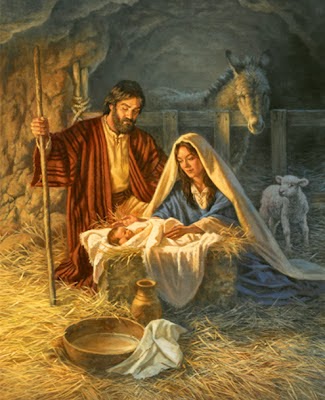By Will Hall, Baptist Message executive editor
ALEXANDRIA, La. (LBM) – There are a number of firsts celebrated in Scripture.
Cornelius, the centurion who served as a commander in the Italian Regiment of the Roman military, generally is acknowledged as the first Gentile convert to Christianity (Acts 10: 44-45) [although some argue the Ethiopian eunuch is deserving of that recognition] – fulfilling the promise of salvation to the whole world prophesied in Isaiah 49:6. He was a God-fearer and did good deeds. But when he heard the Gospel from Peter, he believed in Jesus, not in religion or works, and was saved.
Lydia, the seller of purple cloth in Philippi (Acts 16:14-15) is considered the first convert in Europe. Paul found her being an obedient Jew, honoring the Sabbath at a place of prayer by the river. She, too, hearing the Good News “opened her heart” to Jesus; and, Paul, Luke, Timothy and Silas judged her to be a true believer!
The church at Antioch was the first group of disciples to be called Christians (Acts 11:26), and it was this congregation who commissioned Paul for his first missionary journey that helped expand the Church to the ends of the world.
But, think about the first person on earth to worship the Savior.
Who comes to mind?
Some might think of the Magi (Mt. 2:9-11), who, 600 years after Daniel first told their predecessors to look for a star to guide them to the Savior of the world, fell down and worshiped Jesus when they found Him in Bethlehem. Yet, despite the honor they enjoyed as the first foreign emissaries to bestow gifts for the King, they likely arrived in Bethlehem at least a year after Jesus’ birth, long after he had been first worshiped.
Others might think of the shepherds standing watch over their flocks on an otherwise silent night (Lk. 2:8-20). While staring alternately at the stars and then their herds, their peace at that moment was interrupted by the herald of a heavenly choir, announcing the arrival of Christ. Although they made haste to be the first guests to arrive for the birthday celebration, and afterward were the first humans to spread the Good News of His coming to earth, they were about eight and one-half months late to be the first to worship Him.
The honor to be the first to worship Jesus fell to one of the least of these – the unborn child of Elizabeth, wife of Zachariah the priest.
The Bible records that Mary left hearth and home in Nazareth after the Holy Spirit came upon her, blessing her with child (Lk. 1:39-40). She travelled [two weeks] to visit her 6-month pregnant cousin in Jerusalem; and, importantly, when she came into the room with Elizabeth, the baby John the Baptist (filled with the Holy Spirit, Lk. 1:15) leapt in the womb!
Too often, we think of John the Baptist as a social outcast, sporting unkempt hair and beard, clothed in camel’s hair and existing on a diet of locusts and honey. He’s portrayed as something of a wild man among the Jews.
But not only was he privileged as a prophet to be the first to declare, “Behold the Lamb of God, who takes away the sins of the world” (John 1:29). He also was favored to be the first person on the earth to acknowledge Jesus as the Savior of mankind.





